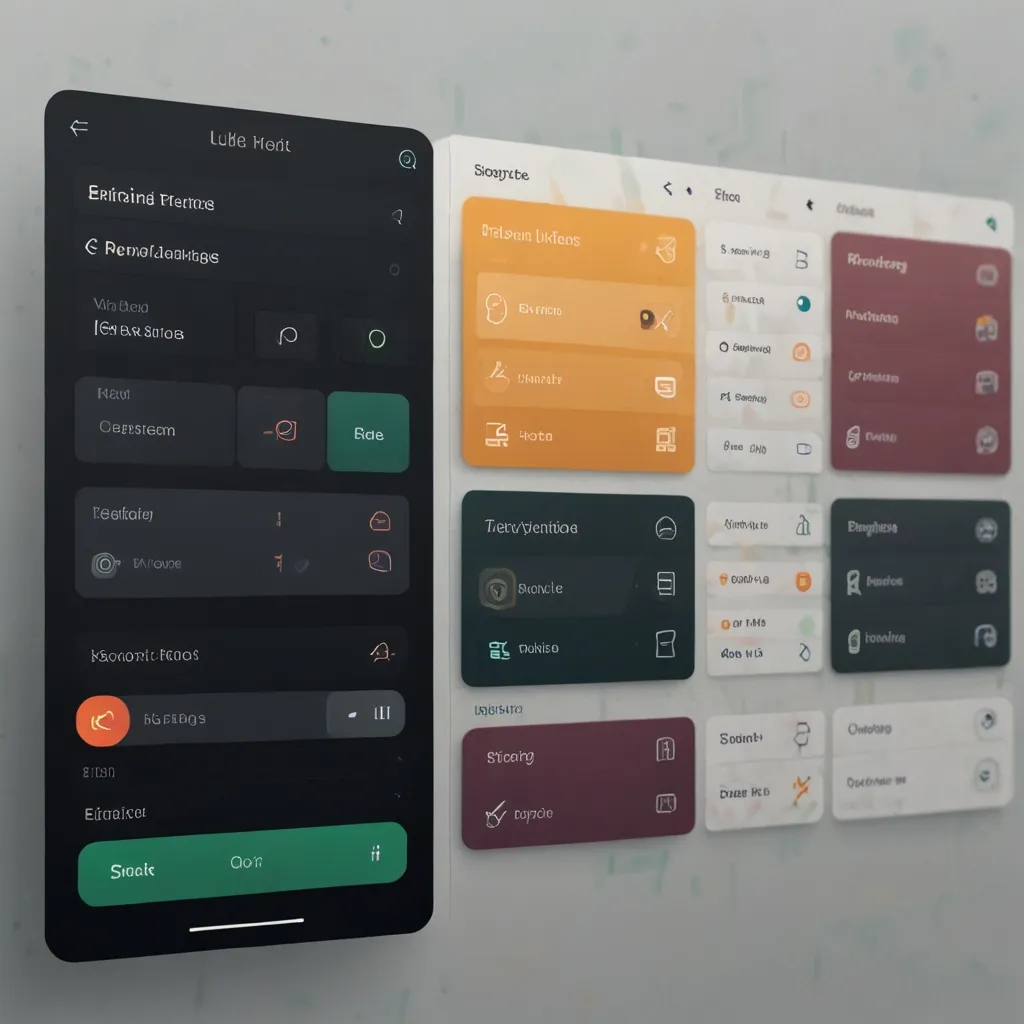In the hustle and bustle of software development, teamwork is the heart and soul of successful projects. When developers come together and collaborate effectively, magic happens - deadlines are met, code quality soars, and productivity levels are through the roof. Let’s dive into how fostering effective team collaboration can amp up code quality and project success.
Communication is Everything
First things first, clear communication is a game-changer. This can’t be stressed enough, especially if your team is scattered across different locations. Tools like Slack and Microsoft Teams can keep everyone in the loop, while platforms like GitHub and GitLab handle version control and code sharing. These tools ensure that everyone is on the same page, making collaboration a smooth sail.
Uniform Coding Standards
Next up, coding standards: these are the unsung heroes of a well-maintained codebase. When everyone on the team follows the same set of coding guidelines, it’s like speaking the same language – everything just clicks. For instance, sticking to PEP 8 guidelines in Python can make your code not only more readable but also easier to maintain and review.
Automate Like a Boss
Automated processes are your best friends. Tools like SonarQube and Codacy can catch potential problems in your code before they go live. On top of that, automated testing frameworks can ensure your changes don’t break anything. Integrating these into a CI/CD pipeline (think Jenkins or CircleCI) can make your life a whole lot easier by automating build, test, and deployment processes.
Code Reviews: The Secret Sauce
Regular code reviews are crucial. They help in sharing knowledge, catching issues early, and making sure everyone sticks to the coding standards. Using tools like GitHub’s pull requests can streamline this process. Providing constructive feedback is key here—point out where improvements can be made and highlight what’s working well.
Cultivating Quality
Creating a culture that values quality over speed can make a world of difference. Encourage a quality-first mindset and provide opportunities for the team to learn and grow. Appreciate their efforts towards maintaining code quality, and you’ll see a more meticulous and thoughtful approach in their work.
Security Matters
Security should never be an afterthought. Following secure coding practices, conducting security reviews, and staying compliant with regulations are indispensable. Using guidelines like those from OWASP can help avoid common security pitfalls and ensure your software is safe and sound.
Ownership and Accountability
When team members feel a sense of ownership, they naturally become more accountable and invested in the project’s success. Involve them in decision-making processes, and give them the freedom to suggest improvements. This not only boosts morale but also results in higher quality code.
Never Stop Learning
The tech world never stands still, and neither should your team. Encourage continuous learning and improvement. Attend conferences, participate in workshops, and foster an environment where knowledge-sharing is the norm. Regular tech talks or coding sessions can keep everyone up-to-date with the latest trends and best practices.
Master Version Control
A solid version control system like Git is essential for effective collaboration. Adopt good branching strategies, and make frequent and meaningful commits. This helps keep track of changes, revert when needed, and maintain a clean codebase. Using feature branches for new developments and thorough testing before merging can keep things stable.
Documentation FTW
High-quality code isn’t just about functionality—it’s also about readability and maintainability. Clear documentation, meaningful variable names, and inline comments go a long way. For instance, using docstrings in Python can make your code much easier to understand and maintain.
Performance and Efficiency
Well-optimized code not only runs faster but also uses fewer resources. Focus on eliminating unnecessary computations and redundancy. Efficient algorithms and data structures can make a huge difference. Caching mechanisms or optimizing database queries, for example, can significantly boost performance.
Scaling and Extending
Modular and well-organized code is easier to extend and modify as new features are needed. This ensures that your software can grow and evolve without major disruptions. Adopting an architecture like microservices can make the addition of new features smoother and more efficient.
Easy Debugging
Quality code is easier to debug and maintain. A well-structured, properly documented codebase reduces the time and effort needed to identify and fix bugs. Logging mechanisms can quickly pinpoint issues, while comprehensive documentation can guide developers through the codebase.
Balancing Act
While quality is paramount, it’s essential to strike a balance between that and speed. This doesn’t mean compromising on quality but rather focusing on consistent, incremental improvements. Use metrics to find the right balance and streamline the review process without sacrificing quality.
The Culture Factor
The overall culture of a development team can hugely impact code quality. Promote a culture where quality is king, encourage thoughtful coding, and ensure everyone feels responsible for the codebase’s health. This shift requires continuous effort, recognition of good practices, and leading by example.
In a nutshell, effective team collaboration can skyrocket code quality and lead to project success. By implementing clear standards, automating processes, conducting regular code reviews, and fostering a quality-focused culture, your team can produce high-quality, maintainable, and efficient code. Continuous learning, proper documentation, performance focus, and balanced development are also crucial aspects. With a collaborative and quality-centered approach, your team is set to deliver exceptional software that truly stands out.






